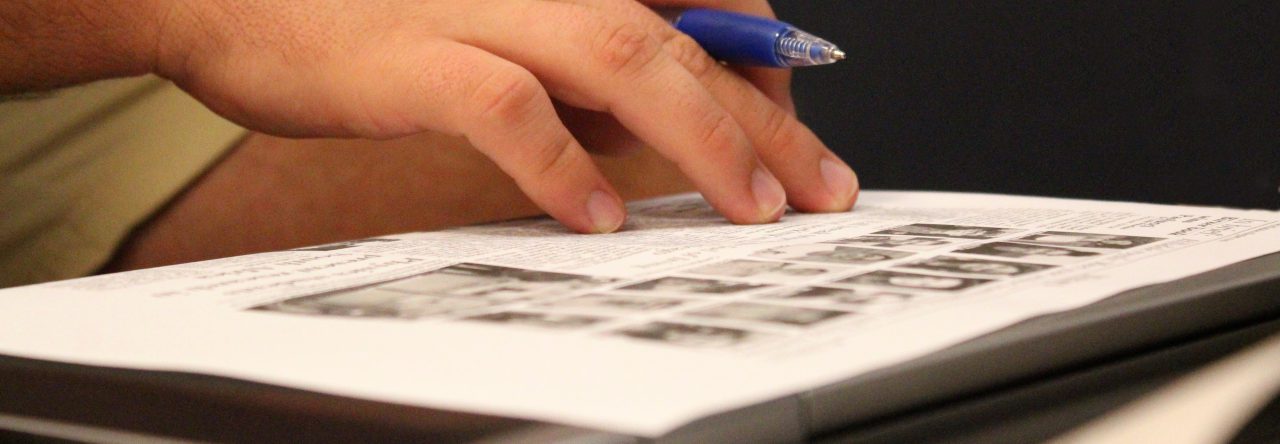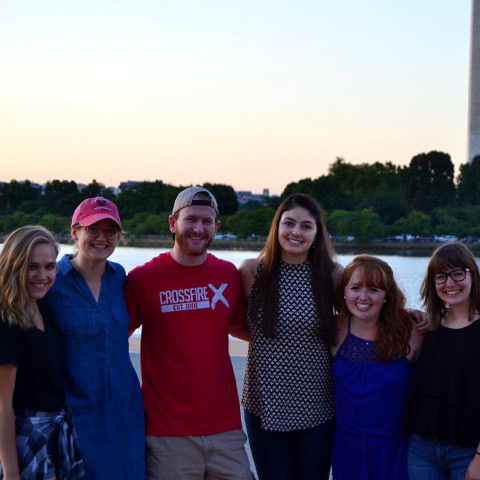Every time I meet someone from Hillsdale College while out here in D.C., they always ask if I know [insert their friend’s name here].
Most of the time, I fall back on “I know the name, but not the person,” but the point has been made. Even here, hundreds of miles away, the Hillsdale community is strong. And when I say it is strong, I mean it’s almost obnoxious how many other Hillsdale students and alums are working or interning in the nation’s capitol.
I know it’s because I run heavily in the conservative culture here, but it seems like my alma mater is everywhere I turn. I meet someone from my school almost every week—a speaker at a lecture, someone on the street, a fellow church member. And although Hillsdale’s ever-growing presence is a sort of running joke in town, I am thankful for it.
Community takes on a new meaning when you’re in a city for the first time, and I am lucky enough to have one built in. I haven’t had to flounder for friends, because there is a whole dorm full of them quite literally a block from where I work.
There is something to be said for going it alone, to be thrust completely out of your element, but I think it is only possible to thrive on your own once your roots have been firmly planted. I am only beginning to understand my roots. I am only starting to learn what it means to be grounded in people and places and moments.
Nearly three months in D.C. has only shown my heart has not been uprooted, only transplanted.
This isn’t a post about school spirit. This is not about cheering at football games. This is not about bumper stickers or class shirts or banners.
This is about how I have buried my heart under the well-worn steps of Central Hall. This is about planting my hopes among the flowers of Arb, rooting myself in the blue and the white, finding my purpose among bustling Midwest halls.
This is about unspoken allies in the city.
No matter what internship or job brings someone here, we both understand what is like to struggle through American Heritage, to see the glow of Central Hall at sunset, to have your heart jump in fear (or excitement) when Dr. Arnn rounds the corner. It’s a shared experience that is irreplaceable, unexplainable.
Knowing there are others—many others—in this town who share these roots is a comfort. Seeing where they are now is an encouragement. Meeting them is a joy, if only because the unspoken becomes the spoken.
The friendships I form at school might fade. Details of classroom lessons will be replaced. But the sense of community will never disappear, no matter where I go. Once a Charger, always a Charger.
So charge on, Washington. Charge on.

